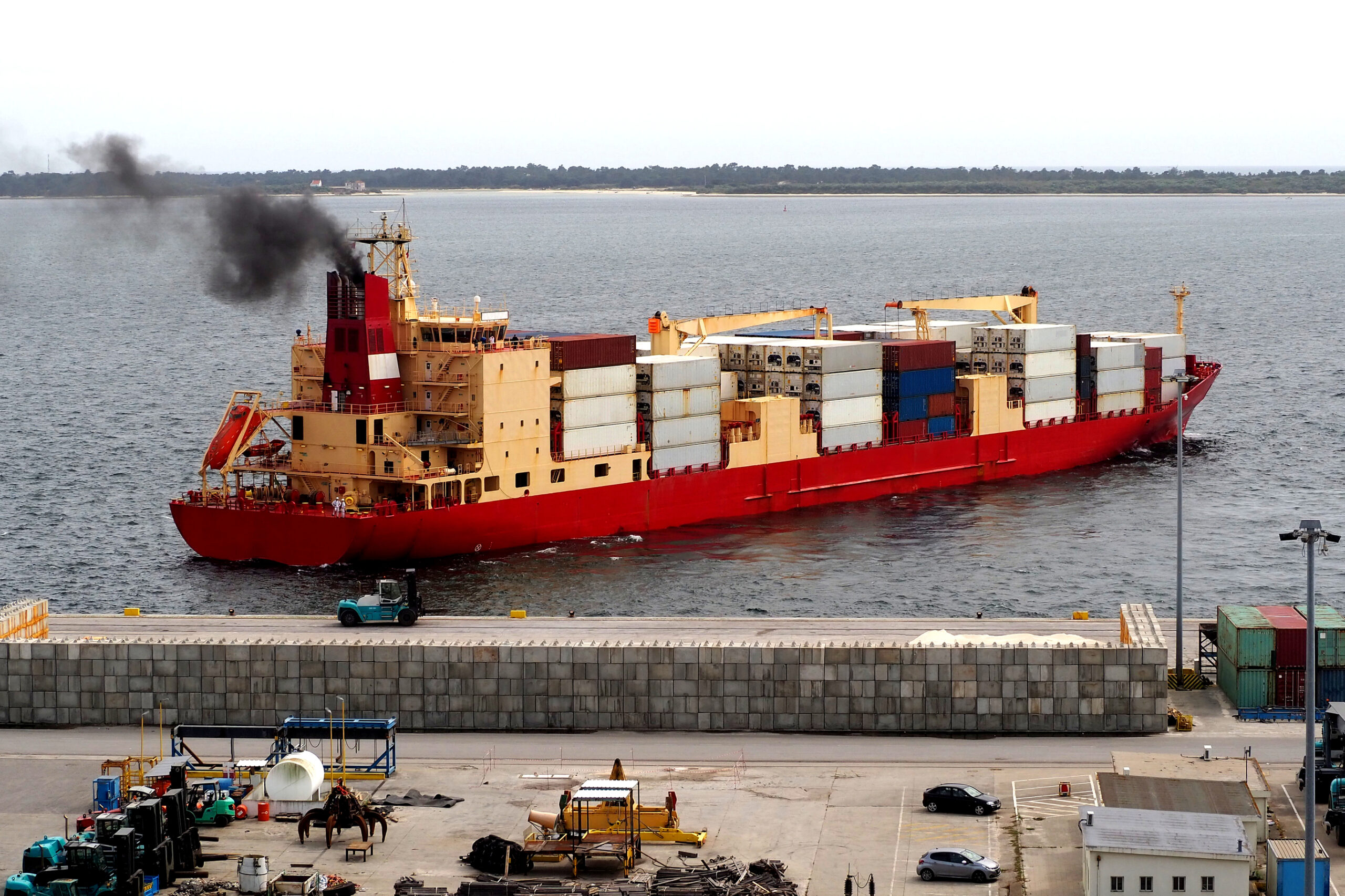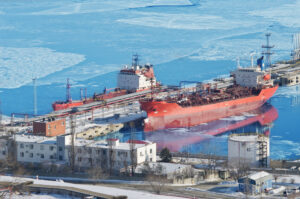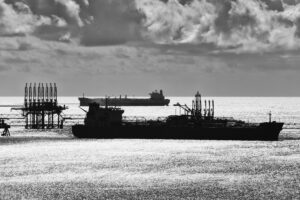The Danish government has gathered a large political majority on an agreement to ban discharge of scrubber water from ships to the marine environment.
The discharge of so-called scrubber water from ships out to 22 km from the Danish coasts will be prohibited by Danish law from July 1, 2025.
This is the content of a new political agreement that the government and other political parties have just entered.
Today the ships can use so-called open scrubbers to clean the heavy bunker oil they are sailing on of sulphur by washing the smoke and then discharging the scrubber water directly to sea.
The Danish Environment Ministry said this has contributed to excessive levels of heavy metals and tar substances such as lead, cadmium, anthracene and benz(a)pyrene in the marine environment.
Scrubber water is a significant source of environmentally hazardous substances in the marine environment.
As it is reported by the ministry, with this agreement the discharge of nickel into the marine environment can be lowered by up to 20 percent and the discharge of anthracene by 7 percent.
Magnus Heunicke, Danish environment minister said: “This agreement is another important step on the way to a better marine environment. Scrubber water emits a number of problematic substances, which accumulate on our seabed and are absorbed into the ocean’s food chains and end up in the fish we eat.
“The discharge of environmentally hazardous substances comes from many different sources, but scrubber water is a source about which we have a lot of knowledge and data, and therefore I am happy that we are now putting an end to the pollution with scrubber water in Danish territorial waters.”
The sea area out to 22 kilometres (12 nautical miles) corresponds to the sea area that can be regulated nationally according to the Convention on the Law of the Sea.
The sea area outside the 22 kilometres is regulated according to international rules.
The agreement states that Denmark must work for a similar ban in the Baltic Sea and North Sea through the regional maritime conventions HELCOM and OSPAR with a view to regulation under the auspices of the UN Maritime Organization (IMO).
With the agreement, ships must in future switch to using either low-sulphur fuel or closed scrubbers with zero emissions. This means that the residual product from the closed scrubber must be delivered to the ports’ reception facilities.
The ban on the discharge of scrubber water will come into force with an amendment to the law, which will be tabled in the coming parliamentary year. The ban comes into force on 1 July 2025 for ships with open scrubbers. For ships with closed scrubbers, the ban enters into force on 1 July 2029.
Source: Danish Environment Ministry



